Why Brazil's Lula faces fresh corruption investigation
- Published
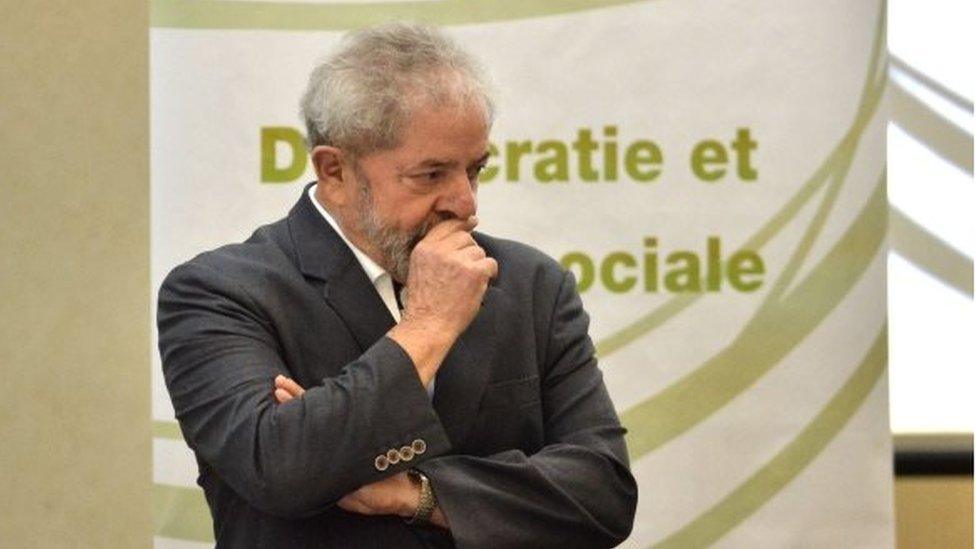
Former President Lula has denied any wrongdoing
The former president of Brazil, Luiz Inacio Lula da Silva, has been accused of playing a key role in a huge corruption scandal involving state-oil company Petrobras.
Brazil's Attorney-General, Rodrigo Janot, has asked the Supreme Court to open an investigation into Lula's alleged involvement in the multi-billion dollar scandal that has already seen dozens of lawmakers arrested.
Here we look at the accusations in more detail and how the once popular ex-leader came to be linked to the allegations.

What is Lula accused of?
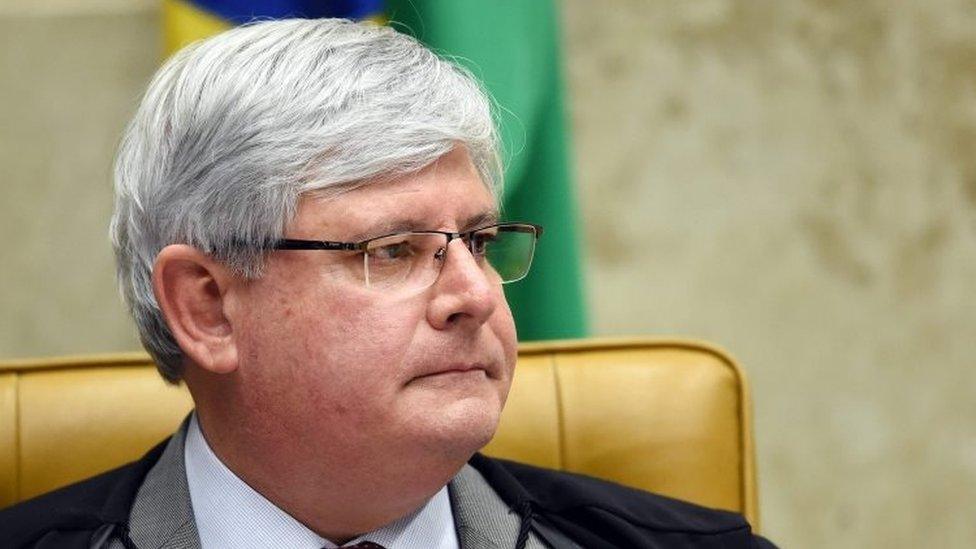
Attorney-General Rodrigo Janot was quoted as saying that the kickbacks scheme could not have functioned without Lula's participation
At this stage, few details of the accusations against Lula are known as neither the Attorney-General's office nor the Supreme Court have made them public.
What is certain is they are connected to Operation Car Wash, an investigation into a multi-billion dollar kickback scheme at state-oil company Petrobras.
Investigators say that starting in 2003, construction companies formed a cartel to overcharge Petrobras for building contracts.
They would then pay part of their windfall to Petrobras executives and politicians who were in on the deal.
Prosecutors allege that the Workers' Party, of which both Lula and current President Dilma Rousseff are members, partly financed its campaigns and expenses through these kickbacks.
Sao Paulo newspaper Folha quoted Attorney-General Janot as saying that the kickback scheme "could never have functioned for so many years and in such a broad and aggressive form under the federal government without the participation of ex-president Luiz Inacio Lula da Silva".
Lula, who governed from 2003 to 2011, has denied the allegations.

What is the evidence?
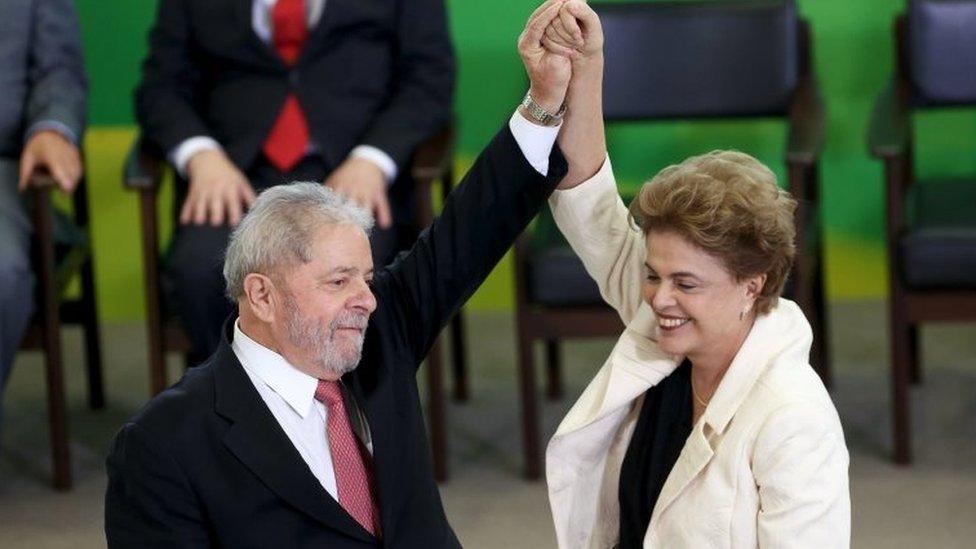
Brazilian media think the charges may relate to alleged obstruction of justice related to the nomination of Lula as President Rousseff's chief of staff
At this stage, we do not know what the evidence against Lula is. Local media have reported that the Attorney-General has sent several folders of documents to the Supreme Court.
Nor is it known what the exact charges against Lula could be. Newspaper Estado de Sao Paulo, external reports that Mr Janot would charge Lula with obstruction of justice.
The newspaper says that the former leader is suspected of hampering Operation Car Wash, the investigation into corruption at Petrobras.
According to the daily, the Attorney-General will cite President Rousseff's nomination of Lula as her chief of staff as evidence that Lula and Ms Rousseff tried to obstruct justice.
Under Brazilian law, members of the cabinet can only be investigated by the country's highest court.
Lula was sworn in as chief of staff in March, but a judge suspended the nomination within an hour, arguing that it was a move to shield Lula from possible prosecution by the federal judge investigating the Petrobras scandal.
The country's Supreme Court has yet to rule on whether Lula will be able to take up his post or not.

Why did this come up now?
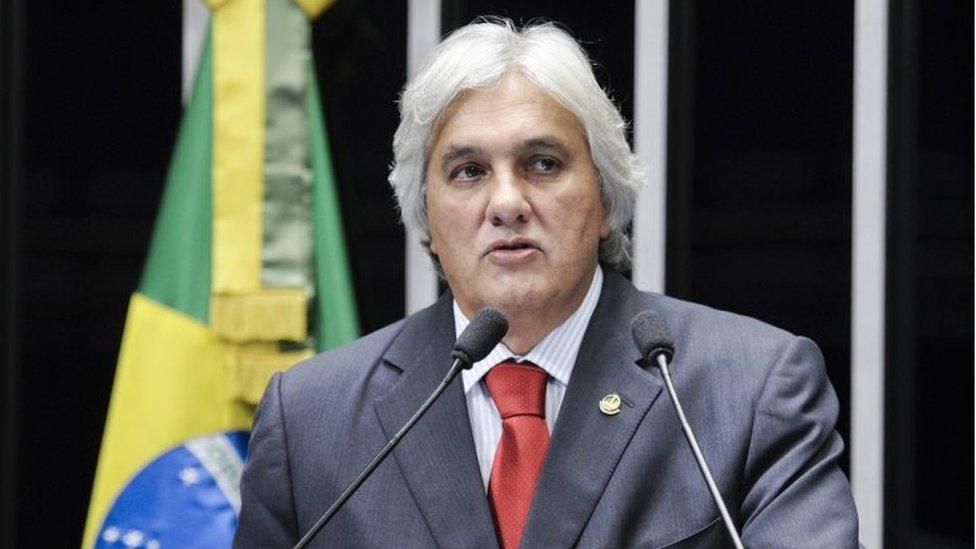
Delcidio do Amaral was the leader of the Workers' Party in the Senate
The Attorney-General's move is based on testimony given by Senator Delcidio do Amaral as part of a plea bargain, according to Brazilian media.
Mr Amaral of the governing Workers' Party was arrested in November on charges of obstructing justice, the first sitting senator to be arrested in Brazilian history.
He is accused of trying to help former Petrobras executive Nestor Cervero flee the country. Cervero was jailed for being the mastermind of the Petrobras corruption scandal.
Mr Amaral has been collaborating with the authorities.
His testimony also prompted the Attorney-General to request the launch of an investigation into former presidential candidate Aecio Neves.
Mr Neves lost to Ms Rousseff in the 2014 presidential race.

Was Lula not questioned before?
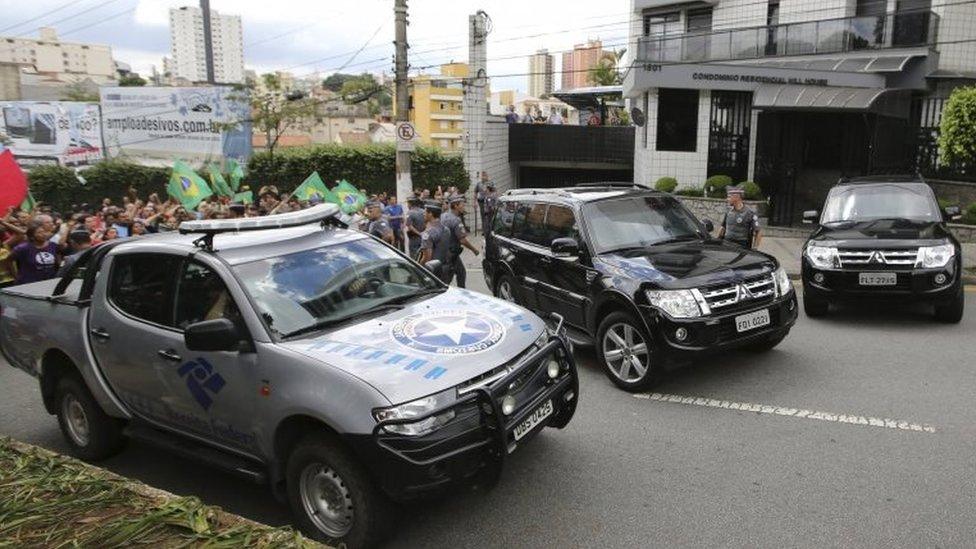
Police searched Lula's apartment on 4 March
Yes, police took the ex-president for questioning on 4 March.
The officers escorting Lula to the police station were acting under a judge's order called a "conducao coercitiva" (bench warrant) which means that a person is commanded to appear before authorities to give testimony.
Police also searched his house in Sao Bernardo, the offices of the Lula Institute - a non-governmental organisation founded by the ex-leader - and the homes of some of his family members and associates.
In total, 200 police officers enforced 33 search and 11 arrest warrants at locations in three Brazilian states.

What was he questioned about on 4 March?
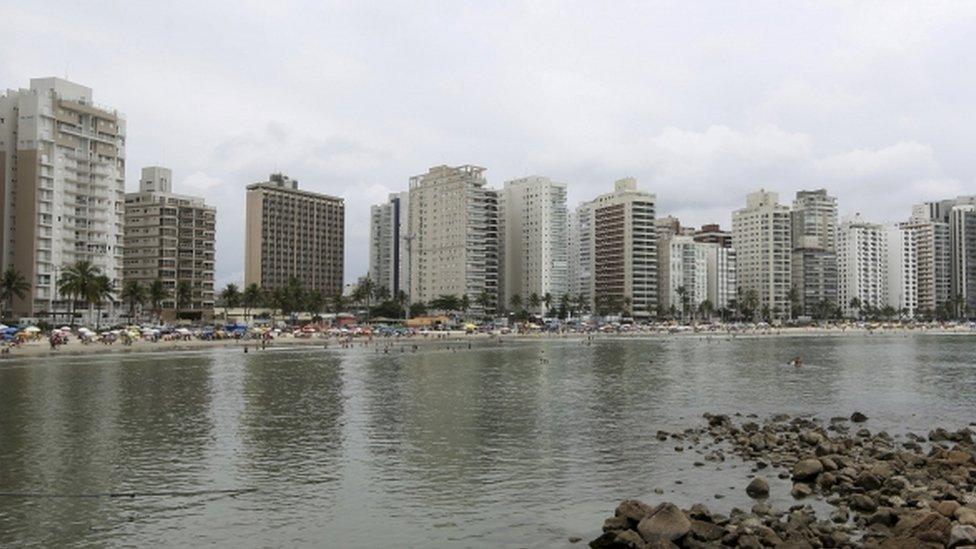
The investigation centres on a luxury penthouse in the resort of Guaruja, estimated to be worth up to $550,000
While the allegations were related to the Petrobras kickbacks scheme, they focussed specifically on two properties allegedly owned by Lula's family.
Prosecutors alleged that Lula had received "illicit benefits", such as having one of the construction firms involved in the Petrobras scandal renovate a luxury beachfront apartment and a ranch for his family.
They said that "the suspicion is that the improvements and the properties are bribes derived from the illegal gains made by OAS [construction firm] in the Petrobras graft scheme".
Investigators said they also had evidence that in 2014 the ex-president received at least $270,000 (£190,000) worth of furniture and improvements for the beachfront apartment in Guaruja.
They said they were also looking into sums paid to Lula by construction firms involved in the scandal as donations or speaking fees.
Lula denied any wrongdoing.

What are the implications for the government?
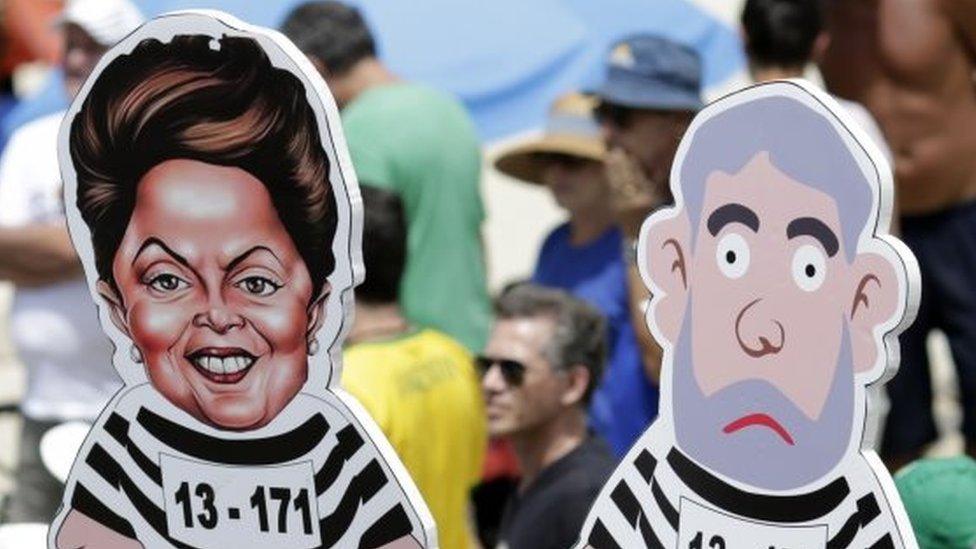
The corruption scandal has led to a plummeting in approval ratings of President Rousseff and her predecessor, Lula
Lula was the political mentor of current President Dilma Rousseff and remains close to Ms Rousseff, who nominated him as her chief of staff in March.
Ms Rousseff is currently facing impeachment proceedings over allegations she manipulated government accounts prior to her re-election in 2014.
But up until now, she has not been linked to the Petrobras corruption scandal, even though some of her critics have questioned how she could not have been aware of such a wide-ranging kickback scheme while she held a senior position at the oil giant.
Ms Rousseff chaired the Petrobras board of directors from 2003 to 2010.
If her close friend and mentor Lula were to be charged, pressure on the president would increase massively at an already difficult time in her political career,